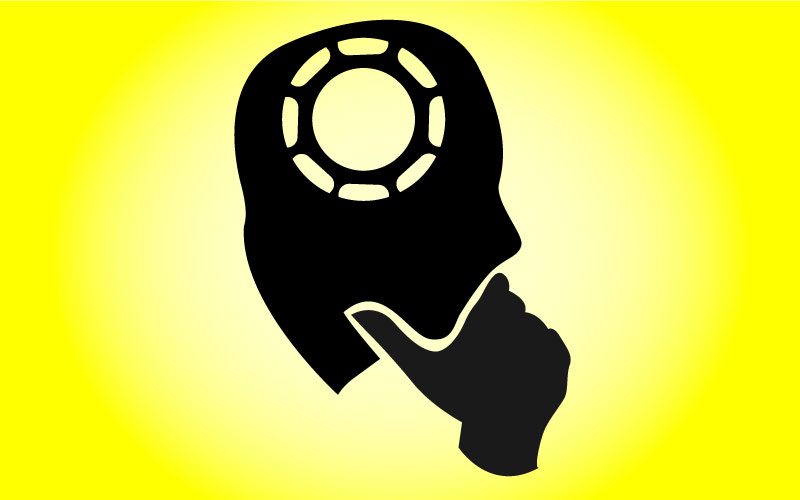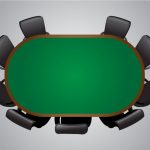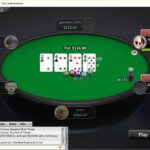All serious poker players are familiar with the idea of tilt. Tilt is a change, for the worse, in our poker play due to emotions. Most players recognize tilt as a negative reaction to play on the felt: a bad beat, a cooler, or even winning a large amount of money can all result in tilt. However, there are many other factors that contribute to tilt that we may not even recognize. These factors are our everyday stressors away from the table. These stressors are inevitable so we must learn to control our emotions. We must leave our baggage at the door and sit at the table with a clear mind.
Life comes at us quickly. Stress is simply unavoidable. It can drastically hinder our judgment on the poker table. For example, a lack of employment may put pressure on semi-professional players to compensate their loss of income. These players may feel creating and winning bigger pots can help generate this extra income. This leads to marginal hands being shown down and less than optimal bluffs being attempted (these bluffs are usually bigger due to the increased size of the pot). Another example would be any blow to our ego or self-esteem. This can be caused by a number of things and will wreak havoc on a player’s poker game. Confidence is necessary at the tables. Without it, players play with scared money. They are afraid to call their opponent’s bluffs fearing a bad call and afraid to bluff themselves feeling their opponent will call. Losing buy-ins with no side income or making bad plays with no confidence will only multiply the effect of tilt. Overall, in both examples, events off the poker table prevent players from sitting at the table with their A-game.
Though it is impossible to prevent everyday life from happening and causing stress, it is possible to manage that stress and clear our minds before sitting at the tables. All successful poker players take part in an activity that reduces stress levels. Research has shown that regular exercise reduces stress and increases confidence; both positives in regards to poker. Additionally, meditation prior to sitting at the tables works to clear one’s mind. Lastly, it is no surprise that professional poker players’ interest in golf is increasing. Golf is their way of relaxing and getting away from the table while possibly enjoying the company of friends and family. The takeaway point is that to be successful in poker, some sort of stress-reducing activity must be part of our everyday lives.
Stress can take a toll on our mental health; this must be expected. However, it does not have to take a toll on our bankrolls. A player must be able to recognize that his/her current mental state may have a negative effect at the table. At this point, it is important to avoid playing. To avoid having emotions dictate our play, stress-management activities must become part of a poker player’s routine. It is great to have a passion for the game, but it is wrong to play the game with emotions. Learn to leave your baggage at the door and play the game with your brain, not your heart.
Submit your review | |








